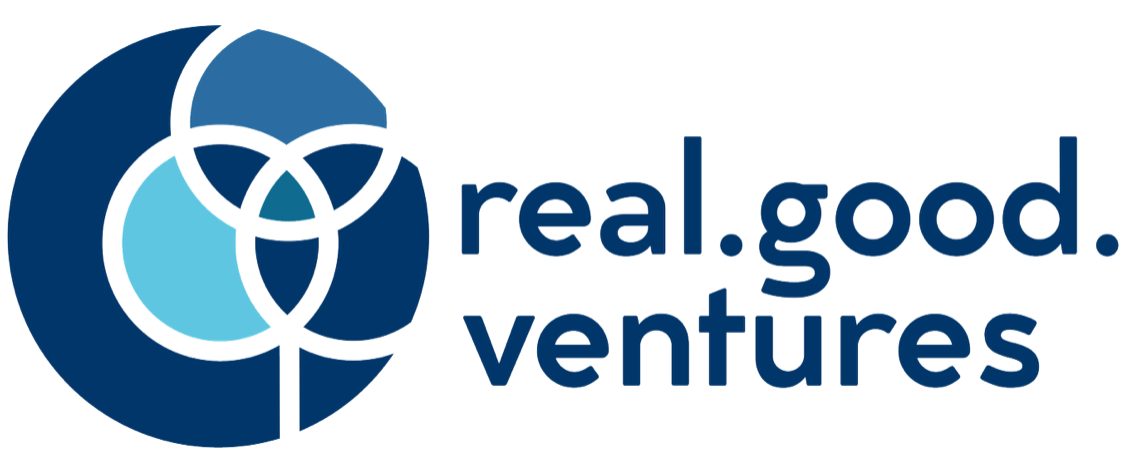Emerging Stronger with Empathy
Many, many people have experienced significant trauma during the last 15 months. Among other things, the intense political division in our country and a long-overdue racial reckoning, combined with a full-on pandemic have created and/or reactivated emotional wounds and intense fear and anxiety.
How these events have impacted people is a deeply personal and individual experience. Have you noticed how easy it is to judge another person’s thoughts, feelings, and experiences based on your own? When the thoughts, feelings, and experiences are different from our own - it’s so easy to make that person wrong or dismiss or discount them. But the truth is none of us can say how it is or how it should be for another person. In fact, if we could devote even just a little more energy toward understanding another person’s perspective and experience and recognize when our own lenses are a bit fogged by our default way of looking at things- we could literally change not only our work but our world. The EQ skill we need to develop and perfect to accomplish this is EMPATHY.
Empathy is the capacity to identify and understand another person’s experience or perspective. It really has two parts- and although they are simple, they are definitely not easy. First, we have to be able to identify or define what another person thinks or is feeling. Note: This requires some foundational ability to do that in ourselves- which is called self-awareness. What am I feeling and why do I feel that way? Being able to tune into and notice what people are experiencing requires a kind of “radar” if you will that scans for and appropriately decodes nonverbals like facial expression, tone of voice, rate of speech, and especially body positioning or what is commonly called “body language.”
But identifying and labeling what others are experiencing or feeling is not enough. We have to go a step further to seek to understand their why and to do so without judging it right/wrong or good/bad. This is where some of us struggle greatly because we often confuse understanding with alignment or agreement. Understanding another person’s perspective and experience doesn’t mean agreeing with it. In fact, understanding happens in a neutral zone which requires us to remove our judgement of the opinions and experiences of others as right or wrong. Because our opinions, beliefs, and perspectives naturally vary so widely, it seems we are doomed to disagree and “cancel” the validity of the experiences of others.
However, we don’t have to stay on this path. In fact- there’s a solid business case for why we should be more curious and less judgemental about other people’s opinions and perspectives. Simply put, we will make better, more well-informed decisions and solve problems faster. But we will also decrease drama and increase collaboration. From a leadership perspective, empathy can help us tune more effectively into what others’ need from us to be successful- even if their needs are different than ours.
Be a student of empathy! Check out this great piece - 8 Ways to Improve Your Empathy. And spend some time reading Brene’ Brown, listening to her TED talks on Shame, Empathy, and Vulnerability. And watch this short video: Brene’ Brown on Empathy
Up next in our series, we’ll tackle Emerging Stronger with Reality Testing! Questions? Want to chat? Reach out to me at sara@realgoodventures.com.
